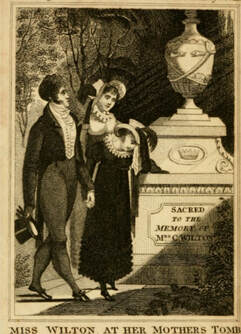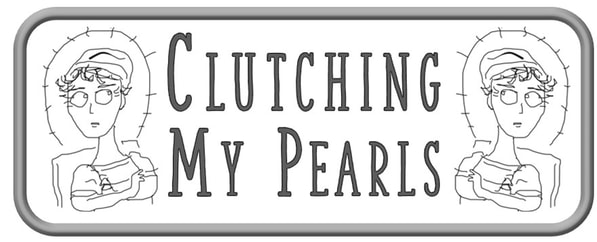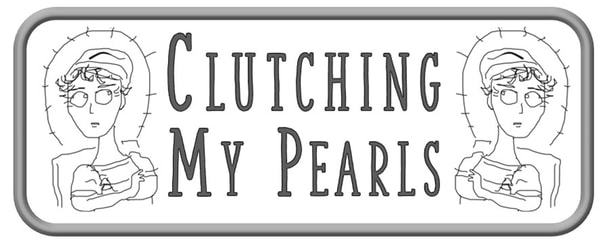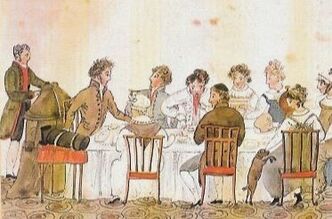| Clutching My Pearls is an exploration of Jane Austen's art, her times, and her beliefs. Click here for the first in the series. Can traces of Austen be found in the works of other authors? For more on now-obscure authoresses of Austen's time, click on the "Authoresses" category on the right-hand menu. |
 Explicitly Christian message
Explicitly Christian message And, one of the main characters is a Mr. Austen, a widower who is raising his daughter with the help of a governess. Naturally I wondered if this was a posthumous tribute to Jane Austen.
Ostentation and Liberality is a didactic book aimed at young people and/or their parents. The central conflict is the governess’s efforts to raise her pupil to be virtuous and good. Will Frances grow up to be like her frivolous, heartless, cousins, or will she emulate Miss Colville’s former pupil, the benevolent Lady Jane? A young man is introduced into the narrative, but there is no romance.
Arabella Argus is a pseudonym. We don’t know the author's life dates because we don’t know who Arabella Argus was. We don't even know if Argus was a female, or one person. Her books were published and re-issued between 1810 and 1835, according to the Women's Print History Project. “Argus” is a reference to a figure from Greek mythology, an all-seeing giant covered with eyes.
If you're an Austenite, read on to see if you can spot some Emma similarities in this book...



 RSS Feed
RSS Feed